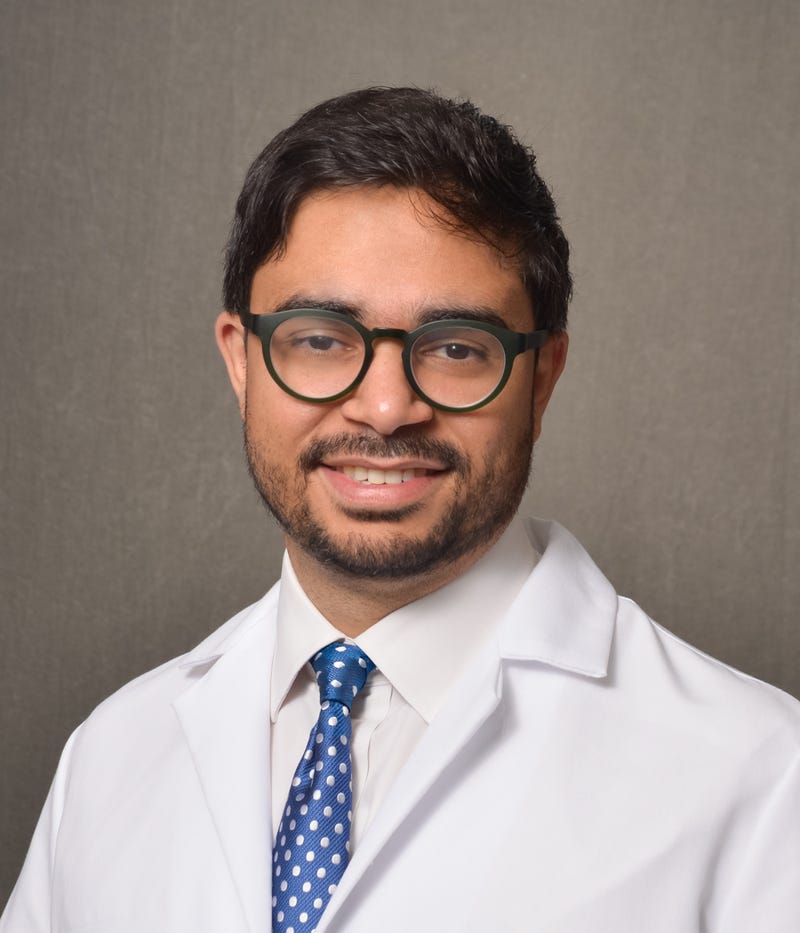
Is it time to officially change the term “heart failure?” It sounds so final, like a single catastrophic event.
We’ve come to understand the term as the heart’s inability to pump its usual amount of blood. But it’s not a hard stop and is actually a condition that develops over time – often, decades – with opportunities along the way to course-correct, because it unfolds in stages late in a patient’s illness journey.
“It's the end result of multiple -- almost all -- cardiac diseases and many non-cardiac conditions as well,” said cardiologist Geurys Rojas-Marte, MD, Medical Director, Advanced Heart Failure and Pulmonary Hypertension Programs at Deborah Heart and Lung Center.

His list of possible causes is long, and includes many that can be prevented, treated or managed before they burden the heart’s compensatory mechanisms to the point of dysfunction.
“The most common cause is coronary artery disease, or plaque building up in the arteries of the heart that leads to heart attacks. Less acute causes of heart failure are hypertension and other conditions like diabetes and metabolic syndrome.
Viral infection, such as COVID, is now a well-known cause of cardiomyopathy, and that leads to the development of heart failure.”
“Other causes could be exposure to drugs like chemotherapy,” Dr.
Geurys Rojas-Marte continued.
“Alcohol can lead to heart failure as well. Peripartum cardiomyopathy is a big one in women around the time of delivery. And there are other less common forms, genetic forms, infiltrative cardiomyopathies, like amyloidosis, which is a condition that is getting some traction these days, given that there are more therapies available, and there's a whole lot of other conditions out there that can lead to development of heart failure. As I said, it's the end result of many problems.”
The operative term here is end result, not necessarily the end!
KYW’s Rasa Kaye talks with Dr. Geurys Rojas-Marte about how individuals can prevent or manage risk factors for heart failure and the latest advancements in heart failure treatment at any stage.
To schedule an appointment, visit DemandDeborah.org or call 609-831-4456.
This Health Report is sponsored by Deborah Heart and Lung Center.
